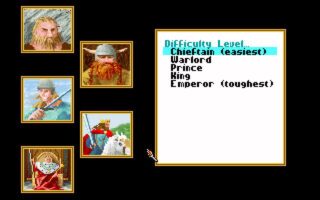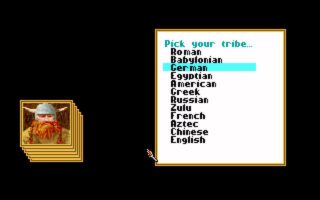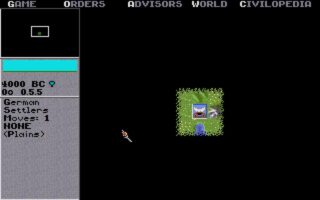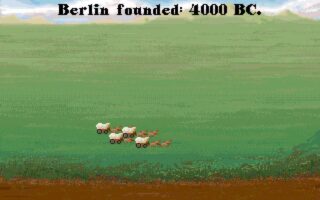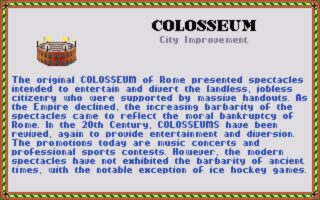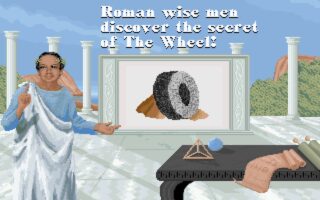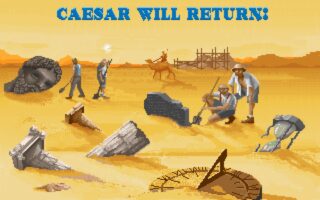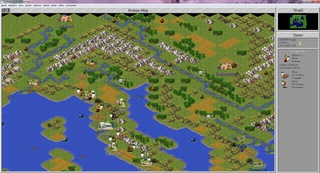Sid Meier's Civilization is one of the most popular strategy games of all time. It was created by Bruce Shelley and Sid Meier alongside MicroProse. The game was released in September 1991 for MS-DOS, Amiga, and Atari ST.
People and critics were excited to play it right from when it appeared on the market. At its core, this was a turn-based strategy 4x game where you would control a civilization over the course of millennia. Your focus in Sid Meier's Civilization was to ensure your civilization's survival while opposing anyone who would not see things your way.
One of the main reasons why Civilization stands the test of time and still is a successful franchise is that it was incredibly innovative right from the start. The developers took inspiration from the board game market and their previous games, creating an enormous game world where players could venture and conquer as they see fit. The game also had revolutionary mechanics when it came to turn-based gameplay. They created a great AI that was a threat or of great help. Sid Meier's Civilization also had an excellent diplomacy system that only improved over the years.
Civilization took many ideas from Sid Meier's Railroad Tycoon; one of them is that you would have multiple smaller systems working together at once. The player would be able to manage his faction's economy, diplomacy, and military aspects. It was the only game at that time that would make you feel like an absolute ruler of a civilization. Every decision you would make in this game brought a lasting impact on your country.
Another great innovation in Civilization is that every nation would not be stale. Instead, it would be able to evolve and grow through the ages. While the player could advance to a new era, so could the AI. That brought many exciting challenges to the table since you couldn't just stay at the same age as you tried to defeat your enemies. You had to grow while also doing your best to interact with the enemies.
The game also integrated wonders of the world, which would offer various advancements for your civilization. There was also a technology tree, where you could research everything to uncover new buildings, armies, and other ways to surpass the enemies.
Of course, Sid Meier's Civilization also had a military aspect. The exciting thing is that you could first use your armies to explore the map and weren't forced to engage anyone in battle. The diplomacy aspect would work very well if you expected to create great, powerful connections with large or smaller civilizations. There was also the option to try and conquer everyone. That means you had to rely on creating an economy powerful enough to fuel the creation of a large military force. So yes, Sid Meier's Civilization allowed you to play in any way you wanted, bringing infinite replayability. That was something rare during its time when most games were relatively finite.
Civilization managed to receive a lot of sequels with a vast range of content options. However, if you are nostalgic or want to play a simpler version of the newer titles, Civ I still holds up very well. It shows where the 4x strategy game started and stands out with its fantastic gameplay and replay value.
If you are one of the few who have never played this game but are looking for an exciting, diverse, and fun strategy game, then Sid Meier's Civilization is definitely worth a shot! And, of course, don't forget to look at Sid Meier's Civilization II - the same game, but with isometric graphics.


